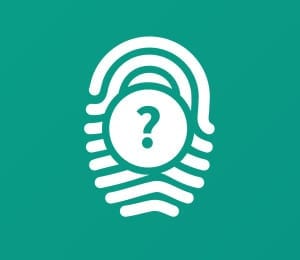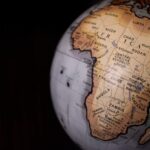Yoti is making the case for biometric identity verification in the humanitarian and non-profit sector. To that end, the company has published the first in a series of six articles that show organizations how they might use biometrics to improve their operations and provide better assistance to marginalized populations all over the world.

The first article details a hypothetical aid program in Mozambique, where internal conflict and natural disasters have created food scarcity and displaced hundreds of thousands of civilians. Twenty-four percent of those living in the impoverished nation experience food shortages, while another 25 percent are malnourished to some extent. Meanwhile, roughly 697,000 people have fled conflict in the northern part of the country, and many of those citizens are now living in internal refugee camps as of March of 2021. The largest camps serve as many as 120,000 individuals.
That creates an obvious logistical challenge for the organizations running those camps. The UN World Food Programme and World Vision International have both distributed food in Mozambique, but they still need a way to guarantee that there is enough to go around. That’s where Yoti believes that biometrics can come into play. Refugees would be asked to register their face and their fingerprint when they get to the camp, and aid organizations could use those biometrics to verify each person’s identity when they receive food, cash, or medication.
According to Yoti, biometric registration is preferable to ID cards because most refugees have few possessions and no safe place to store such an important document. The database could also be shared with other aid organizations to ensure that refugees can still be identified should they move to another location. The technology would prevent fraud in the distribution of cash vouchers, and ensure that each person in the camp receives an equal ration of food.
The UN’s refugee agency is already using biometrics to register refugees in Pakistan, Egypt, and elsewhere. Yoti, meanwhile, launched a Humanitarian Tech Support Programme in 2020 to support organizations that provide aid services all over the world. The company has been a steady advocate for the ethical use of digital identity technology.
–
November 23, 2021 – by Eric Weiss








Follow Us